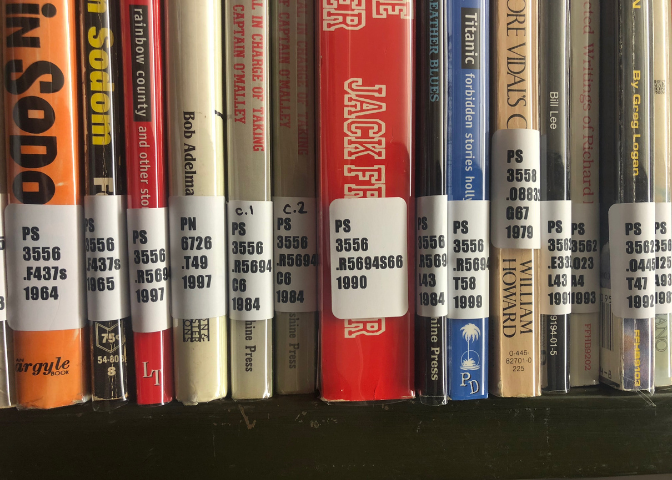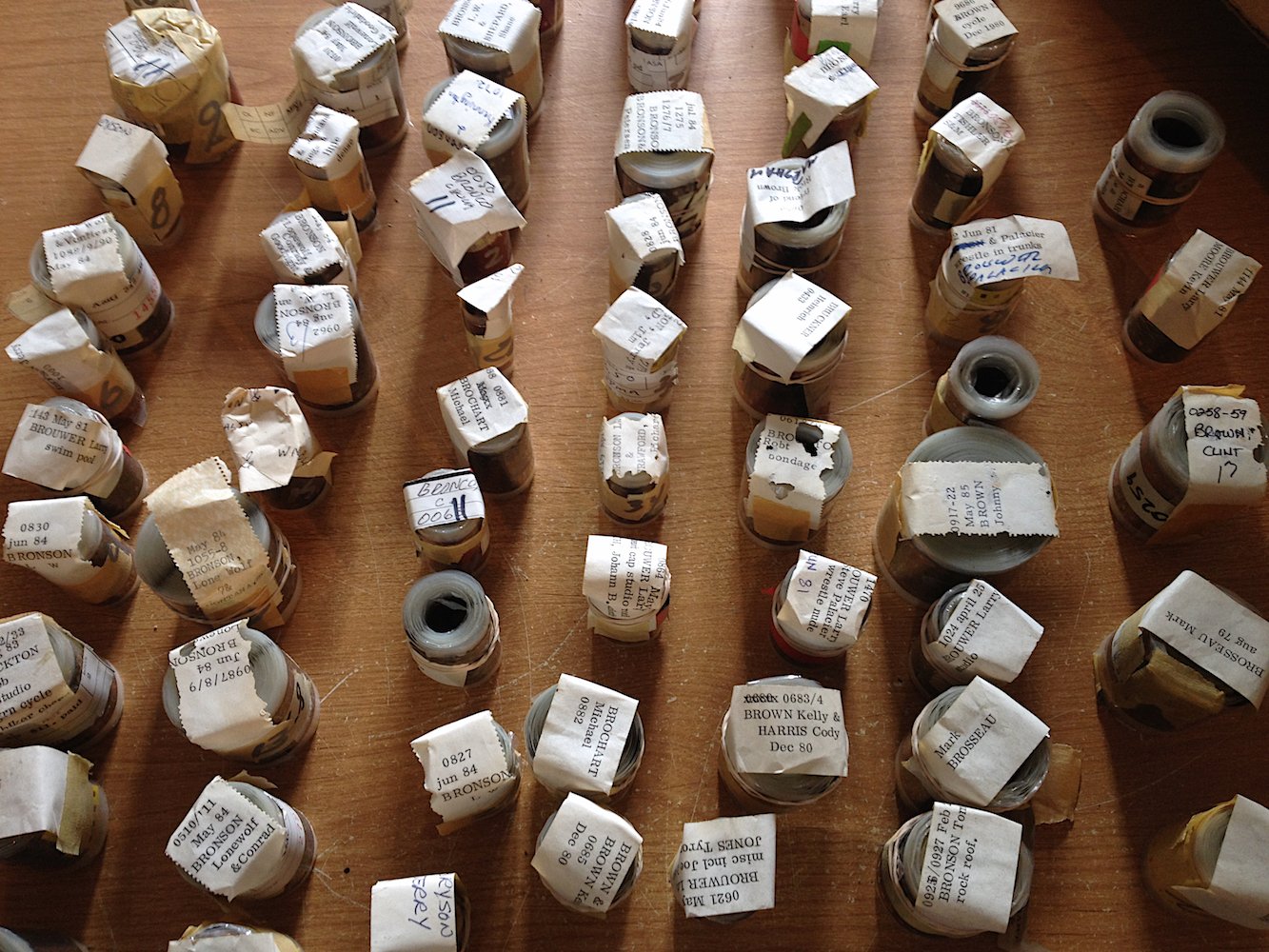RESEARCH REQUESTS
The Bob Mizer Foundation Special Archives and Research Library is a private research collection. Any qualified researcher may request access, including BMF volunteers and donors, as well as non-affiliated scholars and professionals. Researchers must be at least 18 years old and have demonstrable research needs related to photography, masculinity and history of physical culture.
PLAN YOUR RESEARCH VISIT
to the archives and library
APPLICATION FOR ACCESS TO THE ARCHIVAL COLLECTIONS
- Please fill out the form below to submit an appointment request to access the Archives Collection for study purposes. Due to the high demand for our collection, all requests to use the Archives Collection should be submitted a minimum of four weeks prior to the requested appointment.
- Collections may be unavailable for research due to: incomplete organization or description; possible violation of right to privacy of authors or correspondents; restrictions placed on material by donors; or The Bob Mizer Foundation reserving first rights to publication of current projects. Additional restrictions may be imposed on sensitive documents in the Archives in order to protect the legitimate proprietary rights of the institution.
- The researcher agrees to indemnify and hold harmless The Bob Mizer Foundation, its officers and employees, from and against all claims and actions arising out of the researcher's use of the documents.
- Photos/Copying: Use of phone cameras is forbidden. Permission to examine archival material does not include the right to photoduplication. The Bob Mizer Foundation may decline a request for duplication because the materials are oversize, too fragile, or fall outside the "fair use" standard. All duplication requests must be approved by Archives staff and a copyright disclosure statement must be signed. Prepayment is required for all copying orders.
- The archival material must be consulted in the assigned locations in the Archives Study Center (or elsewhere in the museum, as necessary) and may not be removed from the assigned location at any time. No smoking, eating, or drinking is allowed in these areas.
- Only pencils may be used for note-taking. No pens, inks, erasable inks, or self stick removable notes (“post-its”) may be used. Tracing from or writing on archival materials is not permitted. Typewriters, word processors, portable computers, and tape recorders may be used, but they are not supplied by the Museum.
- Copies of Mizer's audiotapes may only be listened-to, and only in the designated work areas. Regarding the tapes, all note-taking, transcribing, and quoting are prohibited under the terms of their gift to the Museum. It is strictly forbidden to make duplicate copies of Mizer's audio tapes.
- The researcher must exercise extreme care when handling the material. Many items are fragile, valuable, and/or irreplaceable. Please report any mutilations or other damages. Some collections can be consulted in microfilm copy or other facsimile form only in order to ensure preservation of the originals. When handling archival material, approved gloves must be worn at all times. The Archives staff will provide these gloves.
- The researcher may use only one archival box at a time. The researcher is expected to preserve the existing arrangement of the material within folders and boxes. If anything appears to be misfiled, the researcher should not attempt to correct it, but call it to the attention of the Archives staff.
- The researcher’s bag(s) and oversized outer clothing (jackets, etc.) will be stored separately from the work area during his or her work, and will be available at the conclusion, or as needed.



